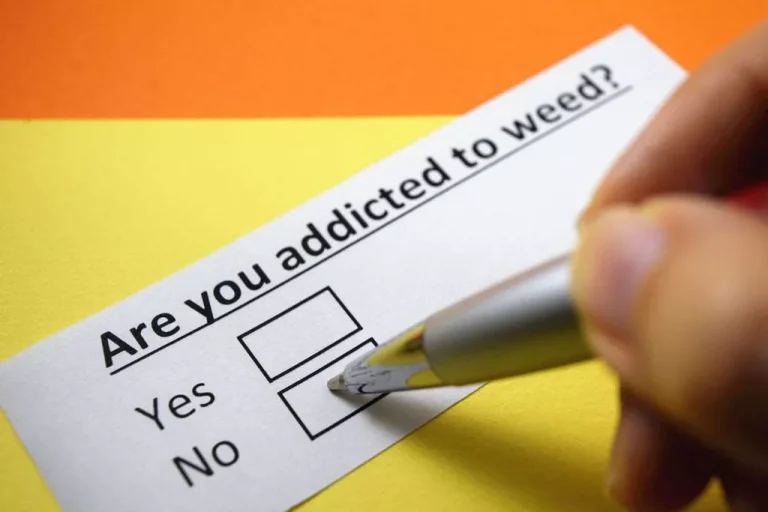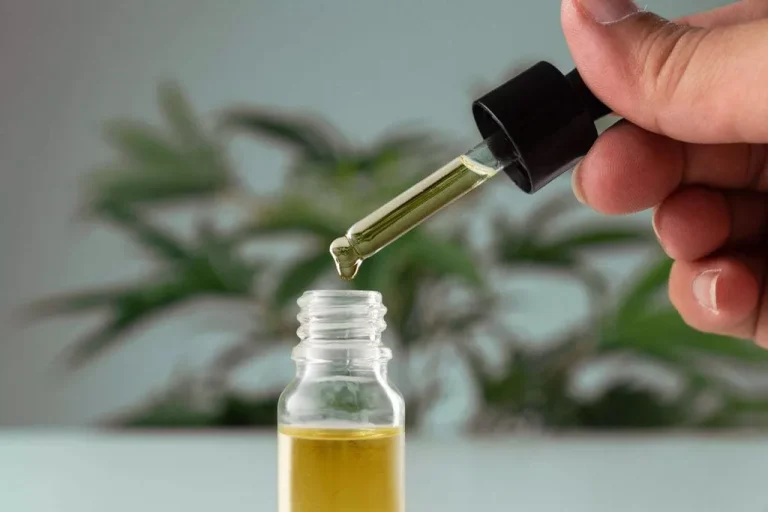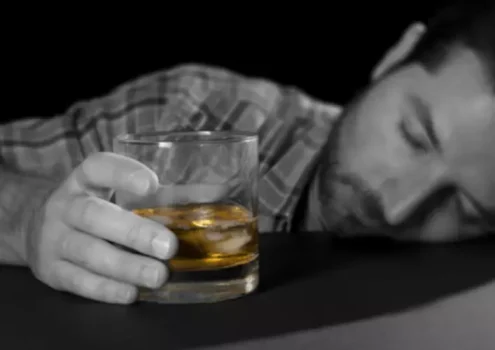
When creating a relapse prevention plan, it can be helpful to work with a trained professional who understands SUD. It also often works best if the clinicians know the patient well and their individual situations, triggers, and strengths. They may not recognize that stopping use of a substance is only the first step in recovery—what must come after that is building or rebuilding a life, one that is not focused around use. In general, the longer a person has not used a substance, the lower their desire to use. Research has found that getting help in the form of supportive therapy from qualified professionals, and social support from peers, can prevent or minimize relapse.
Encouraging Peer-Led Activities

Once an individual has had one drink or one drug use, it may quickly lead to a relapse of uncontrolled using. But more importantly, it usually will lead to a mental relapse of obsessive or uncontrolled thinking about using, which eventually can lead to physical relapse. Helping clients avoid high-risk situations is an important goal of therapy.
Understanding Relapse

Probably the most important thing to understand about post-acute withdrawal is its prolonged duration, which can last up to 2 years [1,20]. It is not unusual to have no symptoms for 1 to 2 weeks, only to get hit again [1]. This is when people are at risk of relapse, when they are unprepared for the protracted nature of post-acute withdrawal. Clinical experience has shown that when clients struggle with post-acute withdrawal, they tend to catastrophize their chances of recovery. The cognitive challenge is to encourage clients to measure their progress month-to-month rather than day-to-day or week-to-week. The tasks of this stage can be summarized as improved physical and emotional self-care.
- Your doctor or an addiction treatment center has treatments to control withdrawal symptoms.
- Healthy relationships can provide a stable foundation for your recovery.
- Some examples of setbacks are not setting healthy boundaries, not asking for help, not avoiding high-risk situations, and not practicing self-care.
- Some relapses start with lapses that become more prolonged or frequent until the individual returns to uncontrolled substance use.
- Hearing from others who had faced similar challenges helped Jack feel understood and less alone.
Emotional Relapse
Ben is personally in recovery and has been creating content for drug rehabs for over 10 years. Defining and Recognizing Relapse is a crucial aspect of understanding addiction recovery. Relapse occurs when someone who has been sober or in recovery for a period of time experiences setbacks that lead them back to substance use. However, relapse can be an opportunity to reset, develop clear needs and goals, and continue.
- Relapse prevention activity groups are a vital part of addiction treatment programs.
- From support groups to therapists, from friends to family, there are people rooting for your success.
- Relapse prevention is the use of coping skills, recovery tools and mindfulness exercises to diminish the likelihood or re-occurrence of relapse.
- The findings revealed that among the participants, 298 individuals (88.9 percent) had encountered childhood adversities, with 44.4 percent of them reporting more than five childhood traumas.
Some relapses start with lapses that become more prolonged or frequent until the individual returns to uncontrolled substance use. They think it is almost embarrassing to talk about the basics of recovery. They are embarrassed relapse prevention plan to mention that they still have occasional cravings or that they are no longer sure if they had an addiction. 3) Clients feel they are not learning anything new at self-help meetings and begin to go less frequently.
Relapse Prevention Worksheets

By the end of this section, we will have all the tools and knowledge we need to support our loved one to stay on track towards a successful recovery. Navigating the path to recovery from addiction is a journey marked by moments of triumph and times of challenge. At the center of this https://ecosoberhouse.com/ journey, serving as a faithful compass guiding individuals towards sustained sobriety is the relapse prevention plan. According to NIDH, 85 percent of individuals relapse within a year of treatment which is why it’s so important to create a plan to stop relapse from occurring.
Preventative Tools
